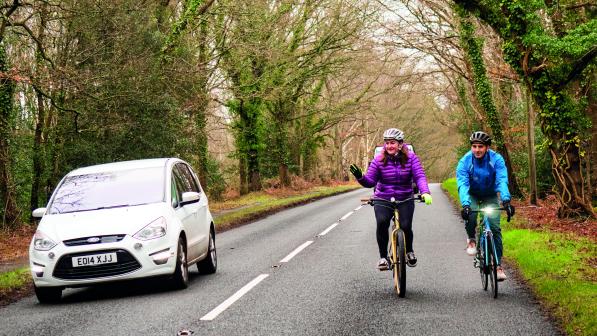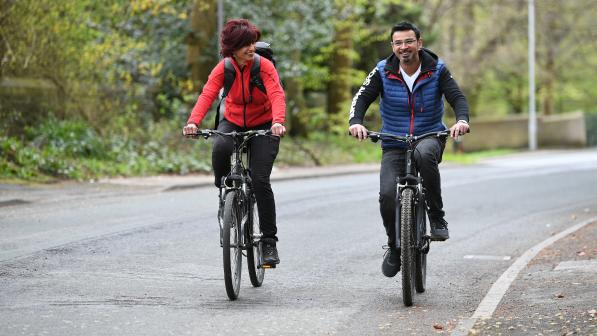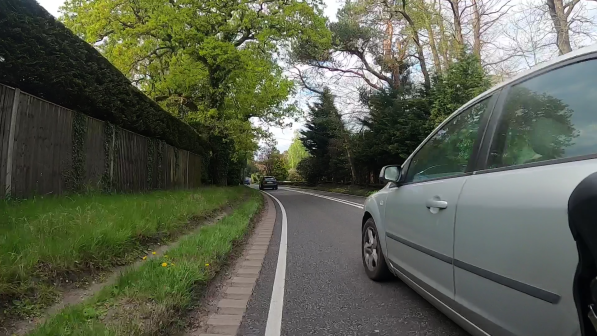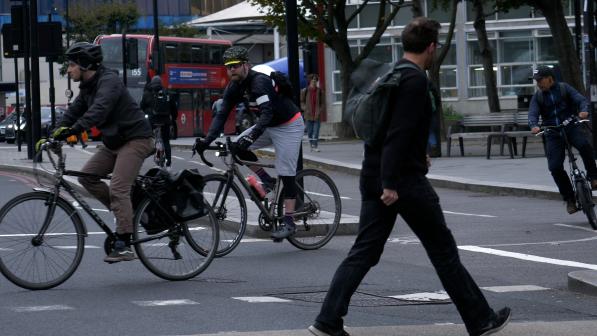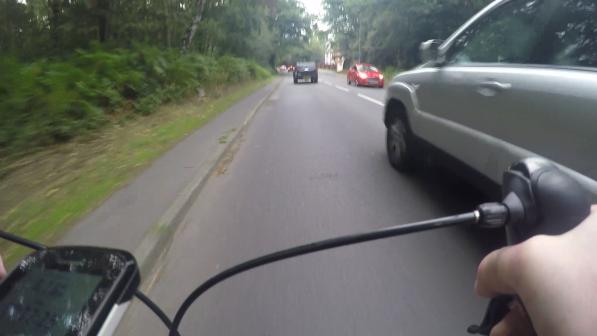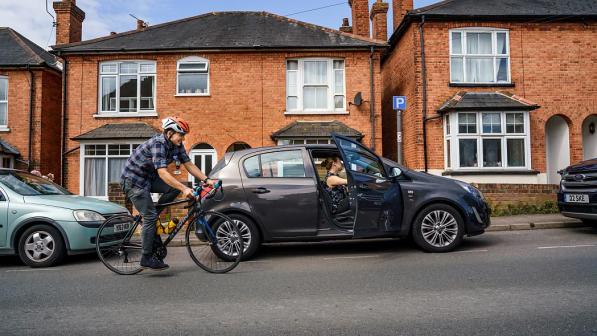Highway Code: Travel like you know them
Here’s my first prediction: by the time you’ve finished reading this sentence, someone, somewhere on the UK’s roads, will have behaved in a way which is out of character for them compared to their usual approach to other people and situations.
I know there are exceptions, but most people have a degree of empathy for others, and they don’t wake up in the morning intending to be impatient, endanger people, or break rules put in place to benefit everyone. But when we sit in the driving seat, perhaps having left just enough time to get to work on time assuming the lights are all on green and there are no delays, our attitude can shift. We’re more irritated by other people’s behaviour and less patient than we might otherwise be.
Whataboutery
Mentioning driving rather than cycling, or people riding horses, walking or on e-scooters, can result in a chorus of whataboutery over the behaviour of other people on our roads, but I’m going to focus on the behaviour of people driving today. This is not to excuse irresponsible behaviour by others, but because it’s drivers’ behaviour which has the biggest impact on the safety of others.
The Parliamentary Advisory Council for Transport Safety’s (PACTS) detailed report ‘What kills most on the roads’ crunches all the data on this, but its key conclusions are that cars are the transport mode most frequently involved in fatal collisions, and that pedestrians and cyclists pose very little risk to other road users.
And here’s my second prediction: some people reading this will already have concluded that this doesn’t apply to them, as their behaviour and attitude never changes when they’re driving. That may be true for some, but before you confidently assert that to be the case, think back to the last time you swore or gesticulated, or got really frustrated by someone slower than you, say in the queue at the supermarket checkout or at work. Then ask the same question in the context of when you’ve been driving.
People we might know
If you think I’m being anti-driver here, the opposite is true. I drive, I walk and I cycle, but I’ve recognised that decent, caring and otherwise law-abiding people can sometimes have a change in mindset when they’re driving, with the task of getting from A to B starting to feel like a battle.
We don’t mean to, but we stop thinking about others on the roads as people, and just see them as different road users, competitors for the space, and things which might delay us.
We don’t imagine them as people we might know.
The Department for Transport’s (DfT) latest THINK! campaign, Travel Like You Know Them, promoting changes to the Highway Code, which came into force in January, seeks to address that disconnect.
The concept is simple, and that’s a compliment not a criticism, and involves giving people a snapshot into the characters' lives so that we imagine and think about them as people we might know, not just as a cyclist, pedestrian or horse rider.
Putting yourself in other’s shoes
In marketing and communications, there’s seldom a completely original idea. More Than A Cyclist and British Horse Society through their Looking out for Laura campaign have delivered campaigns putting a human face to someone riding a bike or a horse, so that people think about the other road user as someone’s sister, son, neighbour or nurse.
Imagining yourself in someone else’s shoes was also a key element of Cycling UK's Too Close for Comfort and Dutch Reach education and awareness campaigns, but Travel Like You Know Them is still a clever twist on all of these, the intention being to make people aware of the changes to the Code introduced several months ago, whilst getting them to think about vulnerable road users in a more empathetic way.
It’s not the exact line which is used, but in essence the rhetorical question posed is: "Would you overtake or drive around that person like that if it was your child, or one of you loved ones?"
Media cycling clickbait
So, we’re delighted, and a little relieved at Cycling UK, to be able to support the DfT’s Travel Like You Know Them campaign.
I say relieved because it would be fair to say that I’ve written more than one article in recent years being less than complimentary about THINK! and indeed other cycle safety campaigns.
On this occasion, however, and to their credit, the THINK! team did engage with stakeholders including Cycling UK, and listened, so it’s fantastic to be able to supportive rather than critical.
Sadly, the urgent need for effective and widespread communication of the Highway Code changes becomes clearer every week, with endless clickbait, incorrect or misleading media reports, designed to ferment division and blame rather than reduce danger on our roads.
This week, the Daily Record had a headline that ‘Cyclists could be fined £2,500 for riding next to cars on roads in Highway Code rule’, a headline which wasn’t supported by any substance within the article and Road CC subsequently dissected, but which of course generated comments with a completely different narrative to that which THINK! are trying to convey through their campaign.
Congratulations Daily Record, you win this week’s irresponsible cycling clickbait award.
Micro-aggressions and intolerance
People’s lack of awareness of the rules was highlighted in my colleague Lauren Brook’s recent article about her experience cycling to work with a colleague, and the abuse they experienced when cycling two abreast, something which of course the recent changes to the Code (rule 66) make clear cyclists can do, and that it can be safer to do so.
Lauren’s account of micro-agressions turning into intolerance from drivers, intimidating two women and potentially putting them off cycling to work, takes me back to the start of this article and begs the question: would the people who have yelled, sworn out, close-passed, honked and even spat at Lauren and Emma behave that aggressively and with such lack of empathy if they weren’t behind the wheel, or if they knew them? I suspect that most would not.
But it needs louder and long-term promotion
So, having complimented this THINK! campaign, I should end by saying that they need to do much more over a sustained period of time, to promote this campaign and communicate the changes to the Highway Code.
So far, I’ve only heard one of the radio advertisements once, and I listen to the radio all the time.

